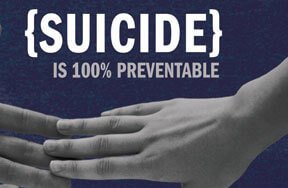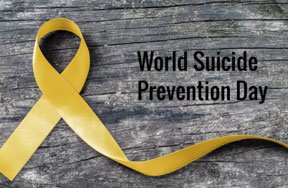World Suicide Prevention Day is an awareness for suicide observed on the date of September 10th every year in hopes to provide worldwide action and commitment to prevent suicides, with multiple activities around the world since 2003. The International Association for Suicide (IASP) joins up with the World Health Organization (WHO) and the World Federation for Mental Health (WFMH) to host this day. In 2011 approximately 40 countries held awareness events to commiserate the occasion.
For the first event the 1999 world health organization’s global suicide prevention initiative mentioned the main strategy for its implementation:
- "The orginization of global, regional and national multi-sectorial activities to increase awareness about suicidal behaviors and how to effectively prevent them."
- "The strengthening of countries' capabilities to develop and evaluate national policies and plans for suicide prevention."
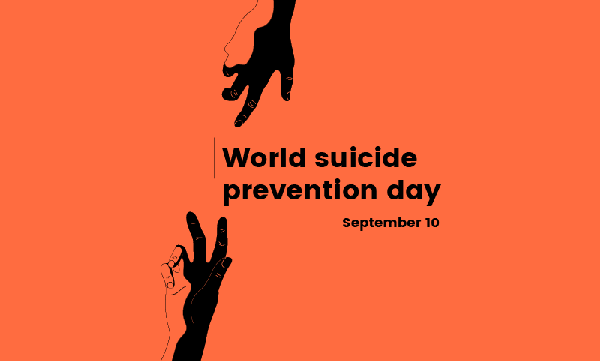 World Suicide Prevention Day is September 10th.
World Suicide Prevention Day is September 10th.
As they said in their campaign release, “suicide has a number of complex and interrelated and underlying contributing factors ... that can contribute to the feelings of pain and hopelessness. Having access to means to kill oneself – most typically firearms, medicines and poisons – is also a risk factor.”
Following World Suicide Prevention Day is Suicide Prevention Week, which goes from the 5th of September to the 11th of September 2021.
 Suicide Prevention Week is your time to get involved and share your experience with suicide.
Suicide Prevention Week is your time to get involved and share your experience with suicide.
Why is This Week So Important?
Even if there is not one single cause of suicide, a risk for suicide is social isolation. There is scientific evidence for reducing suicide risk by ensuring that we connect with one another. This is important for the way you treat people at school. If you see someone isolated, try and include them. Reach out to those in need. We can all play a part by the means of connection and who we attempt to connect with. We can achieve this by having real conversations about mental health with people in everyday life situations – whether that may be with those closest to us, or the person on your sports team, girl sitting alone reading, or the biggest outcast in school.
Suicide prevention week is also about the connection we each share to the cause, whether you’re a student or a teacher, a mother, a neighbor, or a senior, suicide loss survivor or suicide attempt survivor. We don’t always know what is going on for a given person, but we do know that one conversation could save a life.
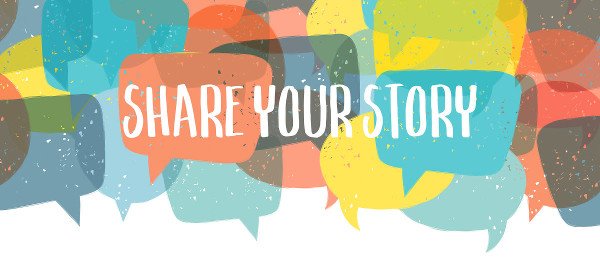 Help prevent suicide by sharing your own personal story.
Help prevent suicide by sharing your own personal story.
What Can I Do to Prevent Suicide?
There are lots of things that you can do to help prevent suicide. For one, you could share your story and struggle with suicide. Let people know they are not alone and that you are here to listen to anyone who is going through the same thing. Through the power of connection, you can really make a difference. You can also take action and get involved with the AFSP (American Foundation for Suicide Prevention) today. You can walk to stop suicide, cruise the internet and find out if there is a walk near you. Also through the AFSP for the price of a $5 coffee, you can help #StopSuicide today. If you share your story online, you can use hashtags such as #StopSuicide and #SuicidePrevention.
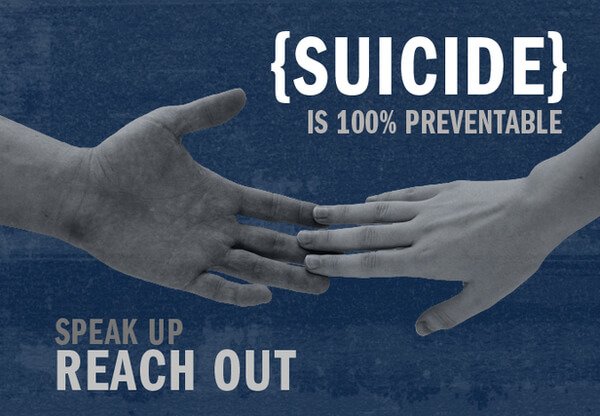 Lending an ear can be the first step towards helping someone.
Lending an ear can be the first step towards helping someone.
Every year 45,000 American die from suicide, and this is a very large number. We need to bring attention to this cause and in the right way. By opening up and talking about suicide you are creating a dialogue for a cause that is often very private. Sharing your story can be quite effective as it let’s people know that suicidal thoughts are something that they can overcome.
Suicide is a very scary thing and its impact on people is severe. Do what you can to raise awareness for this very important cause.
 Pain isn't always something that we see.
Pain isn't always something that we see.
For more help and information visit:
- Suicide Crisis Line: 1-800-SUICIDE or 1-800-273-TALK
- Youth Suicide Prevention Program at www.yspp.org.
- American Foundation for Suicide Prevention
- TeenMentalHealth.org
- KidsHealth - A safe, private place for kids & teens who need honest, accurate information and advice about health, emotions, and life.
- Teen Line - A helpline for kids and teens to work through their personal issues and mental health as needed. 1-800-TLC-TEEN or 1-800-852-8336 (Toll-Free US & Canada).
- Mind Infoline – Information on self-harm and a helpline to call in the UK at 0300 123 3393 or text 86463.
- Kids Help Phone – Free, anonymous and bilingual helpline for young people in Canada, available 24/7 by phone, Live Chat, and the Always There chat app for any issue, including self-injury and suicide. Call 1-800-668-6868 or visit kidshelpphone.ca.
- Kids Helpline – A helpline for kids and young adults in Australia to get help with issues including cutting and self-harm. Call 1800 55 1800. (Kids Helpline).




























